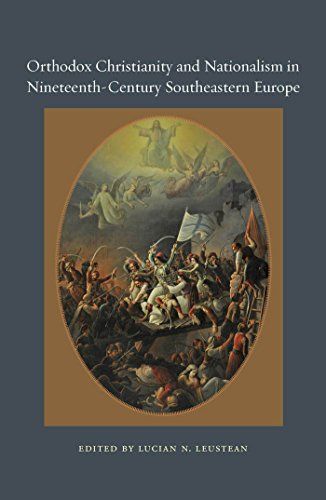
Orthodox Christianity and Nationalism in Nineteenth-Century Southeastern Europe
Nation-building processes in the Orthodox commonwealth brought together political institutions and religious communities in their shared aims of achieving national sovereignty. Chronicling how the churches of Greece, Romania, Bulgaria, and Serbia acquired independence from the Patriarchate of Constantinople in the wake of the Ottoman Empire’s decline, Orthodox Christianity and Nationalism in Nineteenth-Century Southeastern Europe examines the role of Orthodox churches in the construction of national identities. Drawing on archival material available after the fall of communism in southeastern Europe and Russia, as well as material published in Greek, Serbian, Bulgarian, Romanian, and Russian, Orthodox Christianity and Nationalism in Nineteenth-Century Southeastern Europe analyzes the challenges posed by nationalism to the Ecumenical Patriarchate and the ways in which Orthodox churches engaged in the nationalist ideology.